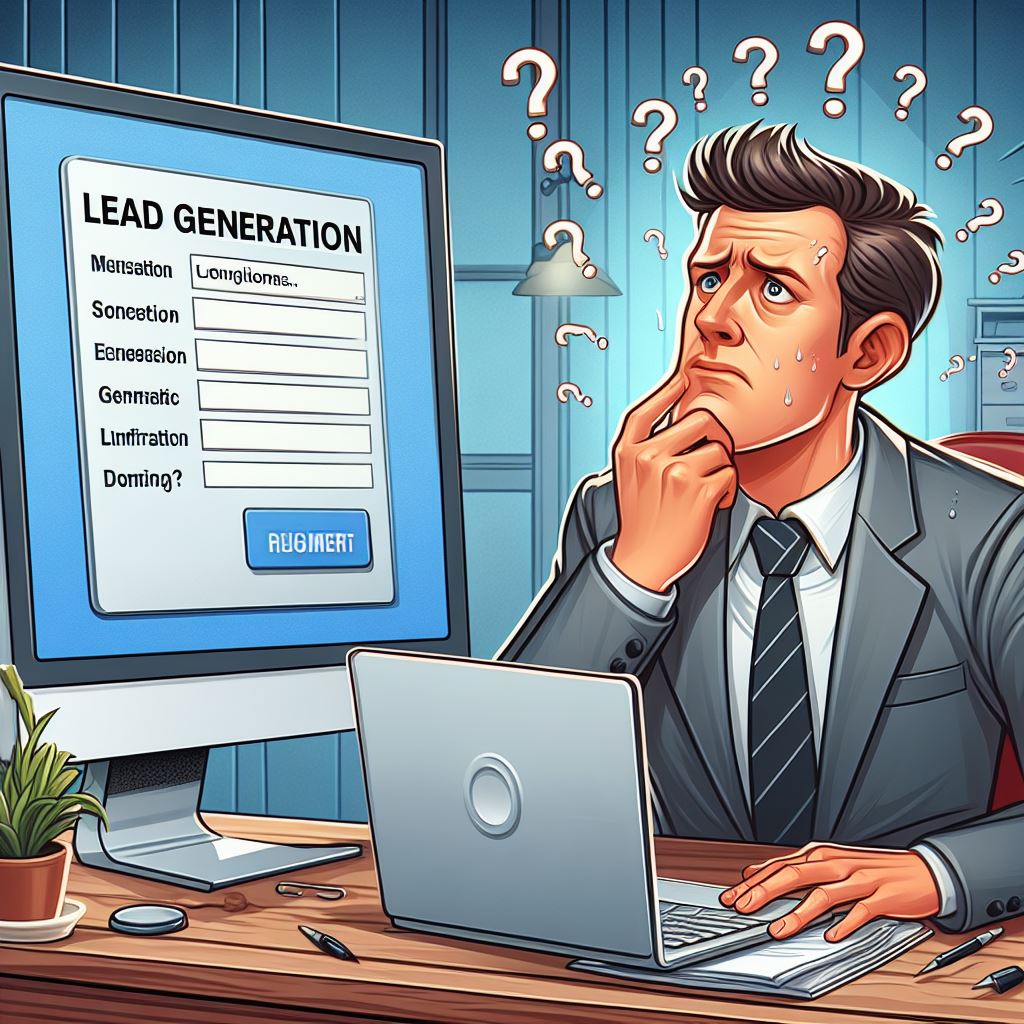Lead generation is a crucial aspect of any business’s marketing strategy. It involves identifying and cultivating potential customers who have shown interest in a product or service, with the ultimate goal of converting them into paying customers. Generating quality leads is essential for driving sales and growing a business. In this article, we will delve into the importance of lead generation and discuss effective strategies for maximizing its impact.
Understanding the Value of Lead Generation
One of the key benefits of lead generation is that it allows businesses to target specific audiences who are more likely to be interested in their products or services. By focusing on these potential customers, businesses can increase their chances of converting leads into sales. Additionally, lead generation helps businesses build relationships with prospects, which can lead to long-term customer loyalty and repeat business. Ultimately, lead generation is a cost-effective way to drive revenue and grow a customer base.
Furthermore, lead generation enables businesses to track and measure the effectiveness of their marketing efforts. By analyzing data on leads generated, businesses can gain valuable insights into which strategies are working and which ones need improvement. This data-driven approach allows businesses to make informed decisions about where to allocate resources and how to optimize their marketing campaigns for better results. With lead generation, businesses can continuously refine their strategies to reach their target audience more effectively.
In today’s competitive marketplace, having a strong lead generation strategy is essential for staying ahead of the competition. Businesses that are able to generate high-quality leads have a better chance of converting them into customers, which ultimately leads to increased sales and revenue. By understanding the value of lead generation and implementing effective strategies, businesses can drive growth and success in the long term.
Strategies for Effective Lead Generation
One effective strategy for lead generation is creating compelling and targeted content that resonates with your target audience. By providing valuable information and solutions to their problems, businesses can attract potential customers who are actively seeking out products or services like theirs. Content marketing, including blogs, videos, and social media posts, can help businesses establish credibility and build trust with prospects, making them more likely to convert into customers.
Another important strategy for lead generation is utilizing email marketing to nurture leads and drive conversions. By creating personalized and relevant email campaigns, businesses can engage with prospects at different stages of the buying process and guide them towards making a purchase. Email marketing allows businesses to stay top-of-mind with leads, providing them with valuable information and offers that encourage them to take the next step towards becoming a customer.
Additionally, businesses can leverage social media platforms to generate leads by engaging with their target audience and driving traffic to their website. By sharing valuable content, participating in conversations, and running targeted advertising campaigns, businesses can attract new leads and build relationships with potential customers. Social media provides a powerful platform for businesses to reach a wider audience and drive engagement, ultimately leading to more leads and conversions.
In conclusion, lead generation plays a vital role in driving sales and growing a business. By understanding the value of lead generation and implementing effective strategies, businesses can attract high-quality leads, nurture relationships with prospects, and ultimately convert them into loyal customers. With a strong lead generation strategy in place, businesses can maximize their marketing efforts, increase revenue, and achieve long-term success in today’s competitive marketplace.







